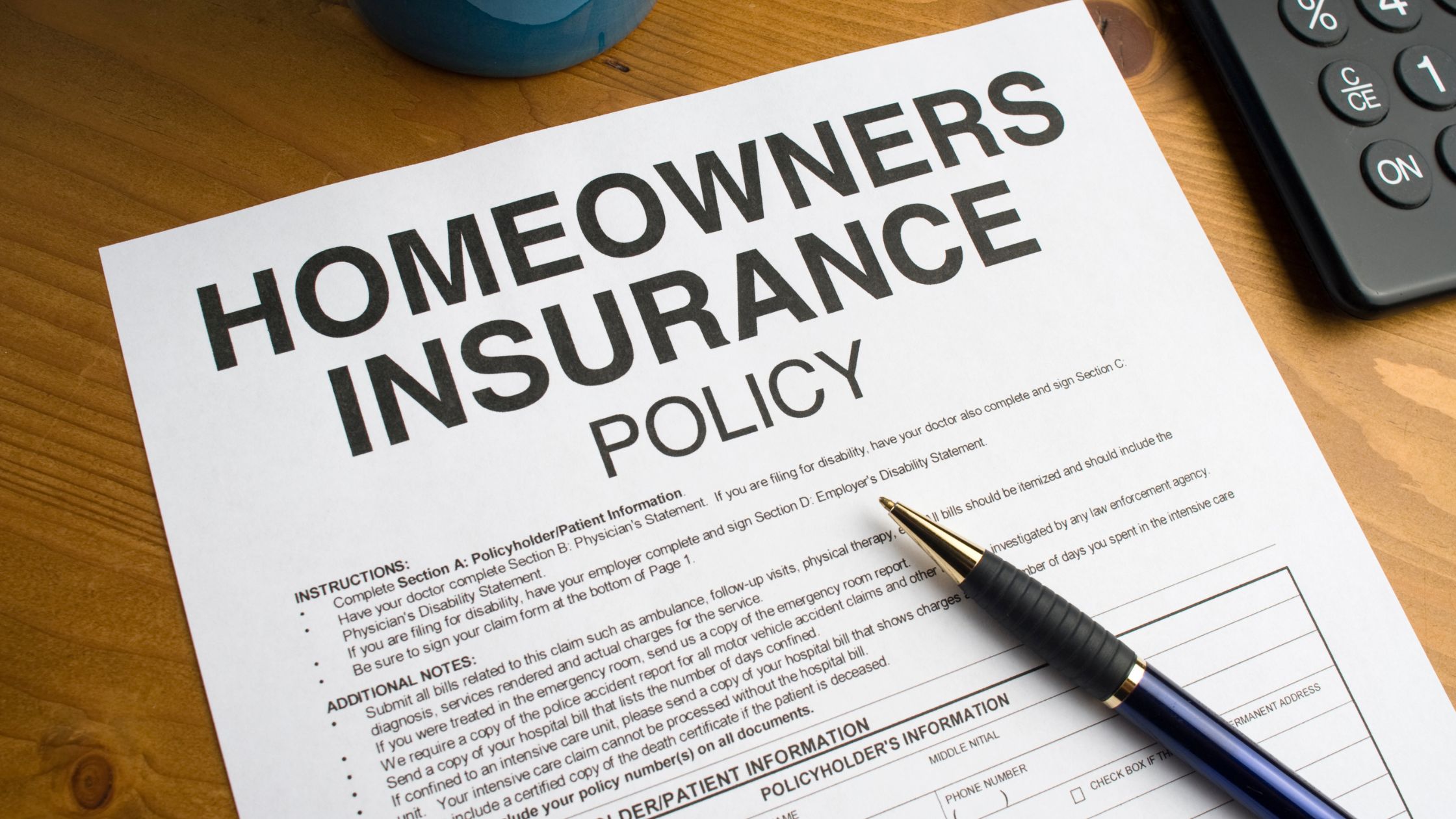Introduction:
Dealing with a denied car accident claim can be frustrating and overwhelming. This guide will walk you through the steps to take if your insurance company denies your claim, helping you understand your options and how to proceed.
1. Understand the Reason for Denial
When your car accident claim is denied, the first step is to understand why. This knowledge is crucial as it empowers you to take the right steps in challenging the denial.
- Review the Denial Letter: Your insurance company should provide a denial letter explaining why you reject your claim.
- Common Reasons: Claims may be denied due to insufficient coverage, disputed liability, late filing, or discrepancies in the information provided.
2. Gather Documentation
To challenge the denial, gather all relevant Documentation:
- Policy Details: Review your insurance policy to understand coverage limits and exclusions.
- Accident Report: Obtain a copy of the accident report filed with the police detailing the circumstances of the incident.
- Medical Records: Gather medical bills and records documenting injuries sustained in the accident.
- Communication Records: Keep records of all communications with the insurance company, including emails and letters.
3. Review Your Policy
Understanding your insurance policy is crucial:
- Coverage Details: Determine if your claim falls within the coverage outlined in your policy.
- Exclusions: Check for any exclusions that may apply to your claim, such as coverage limits or specific conditions.
4. Contact Your Insurance Company
Once you’ve gathered Documentation and reviewed your policy, contact your insurance company:
- Request Clarification: Seek clarification on the reasons for denial and ask for specific details or Documentation that could support your claim.
- Provide Additional Information: If necessary, provide additional Documentation or evidence to support your claim.
5. Consider an Appeal
If you believe the denial was unjustified, you can appeal the decision:
- Follow Procedures: Review your insurance company’s appeal process outlined in the denial letter.
- Submit an Appeal Letter: Write a formal appeal letter outlining why you believe the claim should be reconsidered. Include supporting Documentation.
6. Seek Legal Advice
Consulting with a personal injury attorney can provide valuable assistance:
- Legal Assessment: An attorney can assess the strength of your claim and advise on the best course of action.
- Representation: If necessary, an attorney can represent you during appeals or legal proceedings.
7. File a Complaint
If the insurance company continues to deny your claim unfairly, you can file a complaint:
- State Insurance Department: Contact your state’s insurance department to file a formal complaint.
- Regulatory Oversight: Insurance departments oversee insurance practices and may intervene on your behalf.
8. Explore Other Options
If all else fails, explore other avenues for compensation:
- Mediation: Consider mediation as an alternative dispute resolution method to negotiate a settlement.
- Legal Action: If negotiations and appeals are unsuccessful, you may consider filing a lawsuit against the insurance company.
Conclusion: Dealing with a denied car accident claim requires persistence and a clear understanding of your rights. By following these steps—understanding the denial reasons, gathering Documentation, reviewing your policy, contacting your insurance company, considering an appeal, seeking legal advice, filing a complaint, and exploring other options—you can effectively challenge the denial and pursue fair compensation for your damages.
FAQs (Frequently Asked Questions) About Denied Car Accident Claims:
Q1: Can I appeal a denied car accident claim?
- Yes, you can appeal a denied claim by following the appeals process outlined by your insurance company. Provide additional Documentation or evidence to support your appeal.
Q2: What should I do if my insurance claim is denied unfairly?
- If you believe your claim was unfairly denied, gather Documentation, review your policy, contact your insurance company for clarification, and consider seeking legal advice to appeal the decision.
Q3: How long do I have to appeal a denied claim?
- Insurance companies typically set a deadline for appealing a denied claim. Review your denial letter for the specific timeframe and adhere to it to preserve your rights.
Q4: What if my insurance company still denies my claim after an appeal?
- If the insurance company continues to deny your claim unfairly, you can file a complaint with your state’s insurance department or consider legal action through mediation or a lawsuit.
Q5: Can I negotiate with the insurance company after a claim denial?
- Yes, you can negotiate with the insurance company during appeals or seek mediation to reach a settlement agreement. Legal advice can help navigate these negotiations effectively.
Q6: Will appealing a denied claim affect my insurance premiums?
- Appealing a denied claim typically does not affect your insurance premiums. However, consult your insurance company or agent to understand policy implications.
Q7: What evidence should I provide to support my appeal?
Provide comprehensive Documentation, including accident reports, medical records, communications with the insurance company, and any other evidence supporting your compensation claim. This can include witness statements, photographs of the accident scene, or expert opinions on the extent of your injuries.
Q8: Can I file a lawsuit against the insurance company for denying my claim?
If negotiations and appeals are unsuccessful, consider filing a lawsuit against the insurance company to seek compensation for your damages. Remember that this may strain your relationship with the company, but it can be a necessary step to ensure you receive fair compensation. Consulting with a personal injury attorney is advisable.
Q9: How can a personal injury attorney help with a denied claim?
- A personal injury attorney can assess the strength of your claim, advise on the appeals process, negotiate with the insurance company, or represent you in legal proceedings if necessary.
Q10: Should I consult with an attorney if my claim is denied?
- Consulting with a personal injury attorney can provide valuable guidance and increase your chances of successfully challenging a denied claim. They can offer legal advice, represent your interests, and pursue fair compensation.
For more detailed information, visit the original article on Reiner, Slaughter & Frankel’s website.










